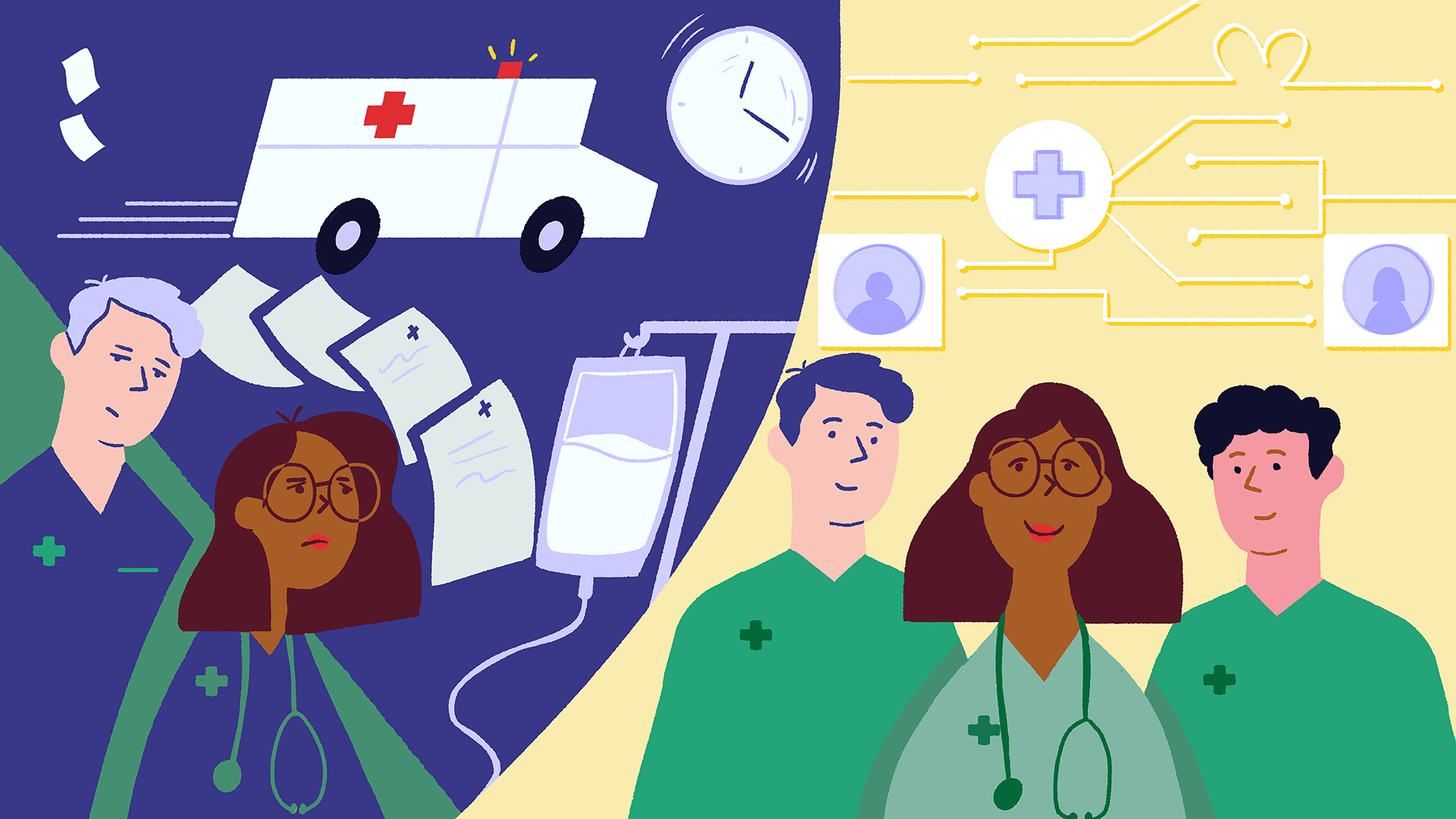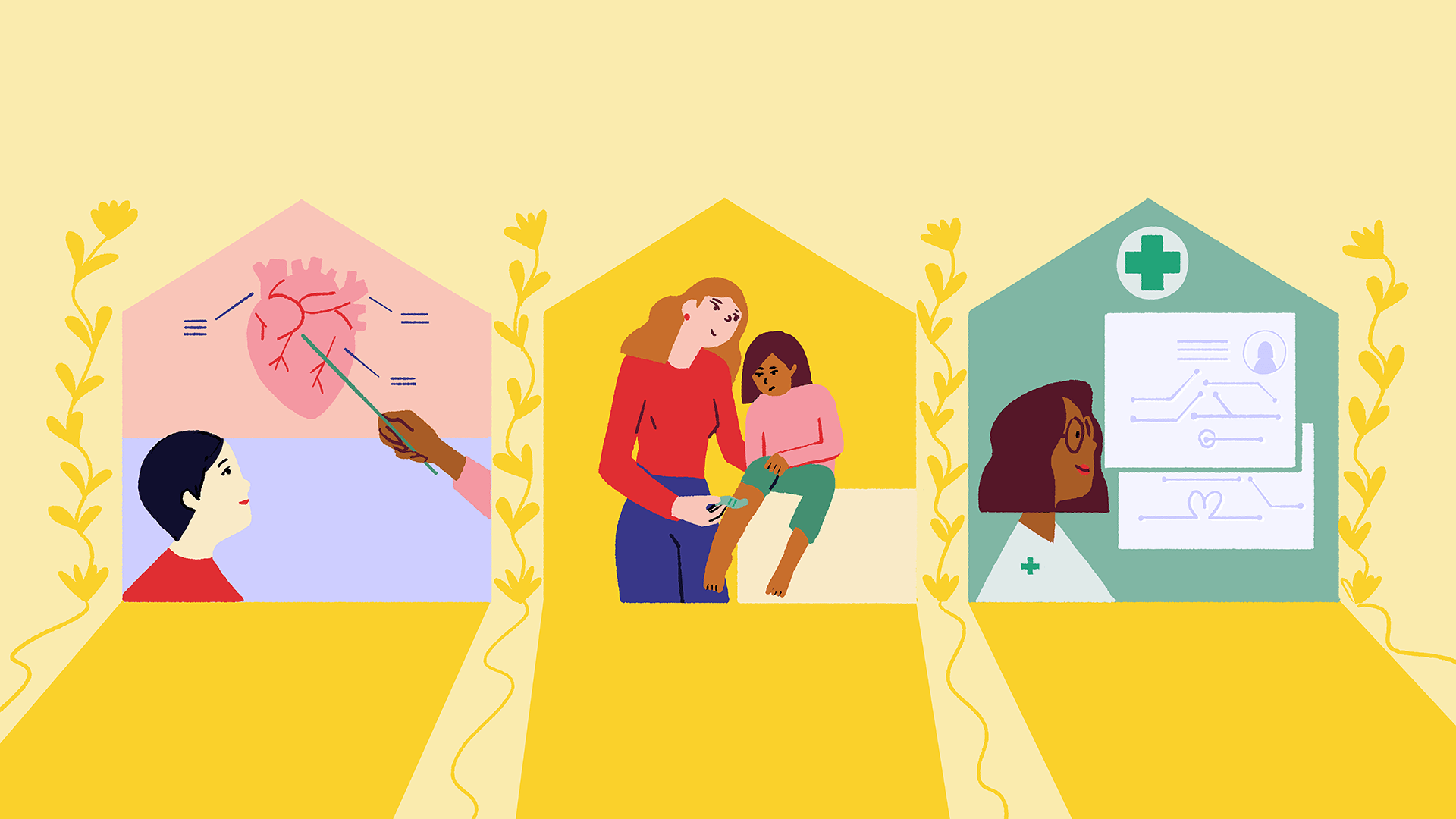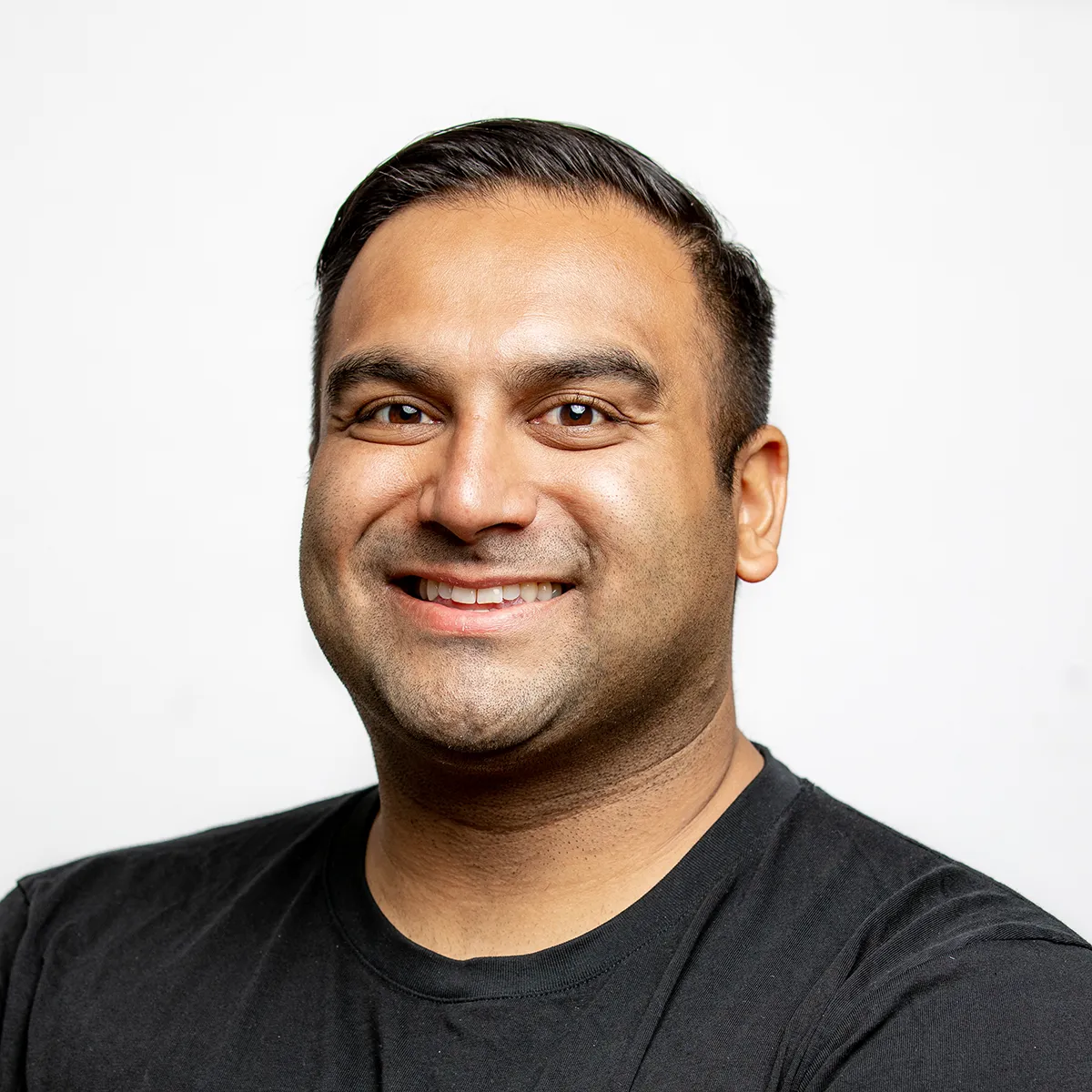Innovating in health? Here are 6 places to start

Globally, healthcare systems are under massive strain—and not just because of the lingering effects of Covid.
For years, our system has been grappling with ever-constricting constraints—low supply, high demand; increasing life expectancy; and escalating treatment costs. There’s no question that the healthcare landscape is at a critical juncture. As Ian Abbs, Managing Director of Guy's and St Thomas' hospitals in the UK, so eloquently articulated in Amsterdam last month, “Health care as we know it will end; change has to come."
But as we know well, big constraints and difficult conditions can be an incredible impetus for innovation. We now have remarkable new tools, therapies, and emerging technologies at our disposal. The potential to accelerate drug development has never been greater, and we amass more and more data every day. The organizations that take advantage of these opportunities and develop innovative solutions will be at the forefront of enormous value creation.
From the transformative potential of AI to the urgent need to rethink emergency medicine, here are the six key opportunity areas we took away from HLTH EU 2024 in Amsterdam. These areas have the potential to produce significant improvements in health outcomes and substantial advantages for organizations that bring them to life with a human-centered lens.

1. The promise of digital health is still waiting to be fulfilled
Ten years ago, digital health was poised to revolutionize healthcare. It was the promised future, the answer to the worst of our problems, and the route to better, healthier lives. Yet, despite such a clear need, its full potential remains untapped, focused instead on data collection, controlling costs, and optimizing for outdated systems
Digital health needs to shift its focus to the meaning behind the data, and how to better support patient and provider health. Remote care channels could extend the reach of doctors. Sensing technologies could enable whole-body care. Digital therapeutics could complement more traditional care. But realizing the potential of this space requires a deep understanding of the core needs and a mastery of digital channels.
Designers and digitally-fluent innovators will play a critical role in creating patient- and provider-centered, secure digital health solutions that improve patient outcomes and deliver on this decade-long promise.
2. AI will be transformative–if we are able to learn from the past
Artificial intelligence (AI) stands to revolutionize global healthcare systems; its potential spans from expediting drug development to increasing the efficacy of patient care. But only if we learn from the errors of digital health.
Products that harness AI to interact with patients, collect more accurate data, and summarize medical histories and symptoms without time constraints could provide healthcare workers more time to focus on patient care, complex cases, and advancing their fields. Hospital administrators could use AI to create digital twins, aiding in patient assessment, disease mitigation, and treatment plans. And with an expected 20 percent increase in demand for care, but only a projected eight percent growth in workforce, AI could reduce the administrative burden by over 40 percent, making it a vital tool for the long-term sustainability of healthcare systems
But these myriad applications need to be so much more than the latest cool tech, or a tool for operational efficiency. If we are able to demonstrate the genuine potential of the technology by placing the human experience at the center, we will enhance the healthcare experience and improve patient outcomes. But only if we avoid the missteps of the past.

3. Addressing burnout is crucial to the sustainability of health systems
The healthcare sector is facing workforce shortages and severe provider burnout, which was only worsened during the pressures of the COVID-19 pandemic. The shifting expectations of the next generations of healthcare workers—Millennials, Gen Z, and soon, Gen Alpha—make attracting and retaining healthcare professionals even more challenging, further straining availability of talent.
It is hard to be compassionate at work when your workplace doesn't have compassion for you. We need to center the experience of healthcare workers to address this crisis head-on. Healthcare organizations can create holistic approaches to staffing, leverage technology to support administrative tasks, become more purpose-driven to align with the values of a new generation of caregivers, and create authentic work environments that support the reasons younger generations get into healthcare. Designers have a unique role to play in envisioning and implementing solutions that not only alleviate burnout, but also reimagine the future of work in healthcare.
4. How is women’s health not a more urgent priority?
Women make up more than 50 percent of the patient base and influence a significant share of healthcare spending and decisions, and yet women's health continues to be marginalized. Centuries of historical biases in medical research and clinical trials, along with more recent policy shifts, have resulted in a chronic a lack of understanding and funding, and an inability to effectively treat women.
This is fundamentally an issue of equity. Elevating women's health requires focused efforts to address these historical gaps, including increasing representation in clinical trials and prioritizing gender-specific research. The rise of health startups focused entirely on women is beginning to fill this void, but much more needs to be done.
By championing women's health initiatives, prioritizing better understanding the needs of women, and supporting female-led ventures in health, we can significantly improve care and counter these long-held biases. This not only enhances health outcomes, but also designs for the influence women have in healthcare decisions.

5. Data could change the whole game
The explosion of personalized data presents both an incredible opportunity and one of the most significant challenges in healthcare today. The question of who controls data—individuals, organizations, or government—remains unresolved.
Healthcare urgently needs to find the appropriate balance of data use, and to do so at a human level. Personalized data should be owned by the patient. Carefully anonymized data needs to be shared for learning and improvement. And empowering people to understand and use health data remains an outsized opportunity for healthier living.
Designing systems that balance these valid concerns requires a collaborative effort across sectors to establish patient-centered solutions that treat and respect each patient today and tomorrow. Doing so will be the key to unlocking growth and scale.

6. Emergency rooms cannot be the first mile of care
Emergency medicine has become the de-facto single point of entry into healthcare for many, rather than a safety-net, which is neither sustainable nor efficient. To improve outcomes and reduce costs, we need to radically rethink how and where patients best access care.
Innovative solutions, such as telehealth, community-based care, and better deployment of in-home services could radically improve care for chronic conditions. Meanwhile, strengthening public education to help people discern true emergencies can alleviate strain, and reimagining triage systems by integrating data when patients are en route to emergency rooms can improve speed and efficacy, creating a human connection between patients and healthcare practitioners in a way that meets patients in the context of their lives.
To do that, we’ll need to design for flexibility and resilience, and always place humans at the center of the experience, ensuring that emergency services can adapt to varying levels of demand while maintaining high standards of care.
The challenges we face are significant, but they also present unprecedented opportunities for transformation. By thinking radically about the role of technology, centering onthe human experience, and designing widely and inclusively, we can create healthcare systems that are more equitable, resilient, and sustainable.
At IDEO, there’s nothing we love more than diving into the biggest, gnarliest challenges of an industry alongside leading experts. If you are interested in exploring these opportunities further or partnering with us to drive change in healthcare, get in touch.
Together, we can create a healthier future for all.
Words and art



Subscribe

.svg)









